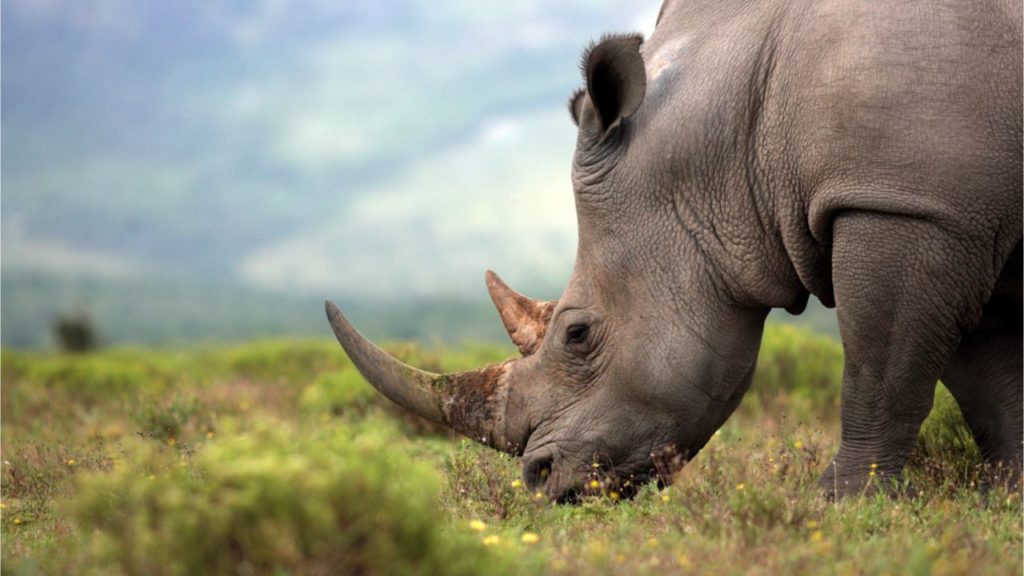Leading African Conservancy to Raise Funds for Rhinos via Auction of Horn NFTs

Black Rock Rhino, a leading rhino conservancy in South Africa, is set to raise funds for the endangered species via the auction of rhino horn non-fungible tokens (NFTs).
Auction Proceeds to Pay for Sanctuary’s Expenses
In what has been billed a first, the rhino conservancy — which is home to over 200 rhinos — together with a blockchain technology firm Virtual Nation Builders, is set to auction the non-fungible tokens at one of South Africa’s biggest NFT marketplaces, Momint. According to a statement released by Black Rock Rhino, the proceeds from the November 11 auction will be used to pay for some of the sanctuary’s day-to-day expenses.
“The net proceeds will go towards securing the area, feeding, vaccines as well as the other day to day operating expenditure of the conservancies,” explained the statement.
In addition to funding the conservancy’s daily expenses, proceeds from the sale are expected to aid conservationists in their ongoing efforts to reduce the number of rhino deaths. As the statement by Black Rock Rhino reveals, the rhino population in government-run national parks has dropped from 18,000 to 2,000 in the last decade.
Although this sharp decline in the population of rhinos is primarily attributed to the activities of poachers, some experts also believe that rhinoceroses killing each other is another leading cause of the deaths. Therefore, in order to reduce such fatalities, rhino experts advocate for the removal of the sharp end of the horns to reduce fatalities when conflict arises.
Rhino Horn Trade Ban
However, since the trade of the rhino horn — which is valued at around $25,000 — is banned, conservationists at Black Rock Rhino believe the digital and photo-realistic horn NFTs will yield more from the auction.
In other words, this means rhino lovers around the world will be able to acquire a rhino horn without actually violating the ban on rhino trade that was imposed by the Convention on International Trade of Endangered Species (CITES) in 1977.
What are your thoughts about this story? Tell us what you think in the comments section below.



